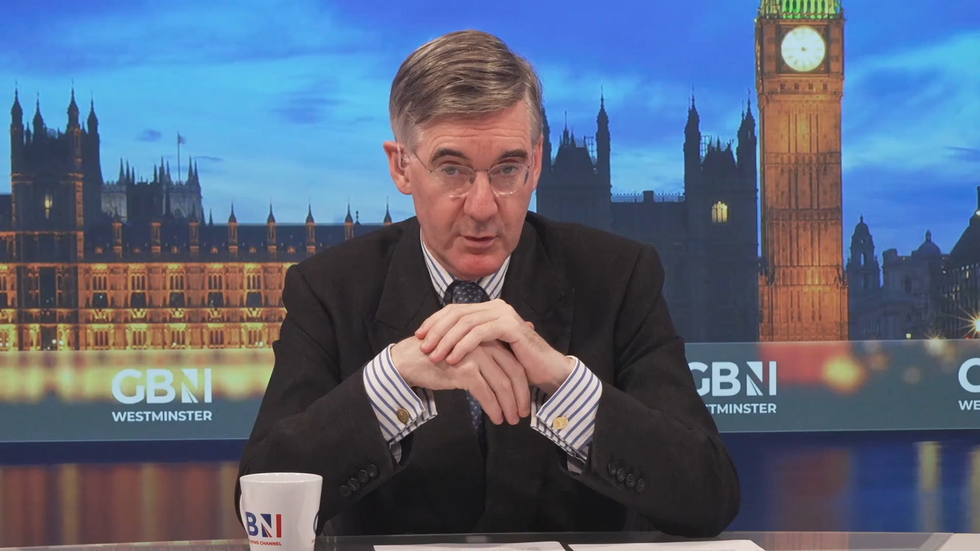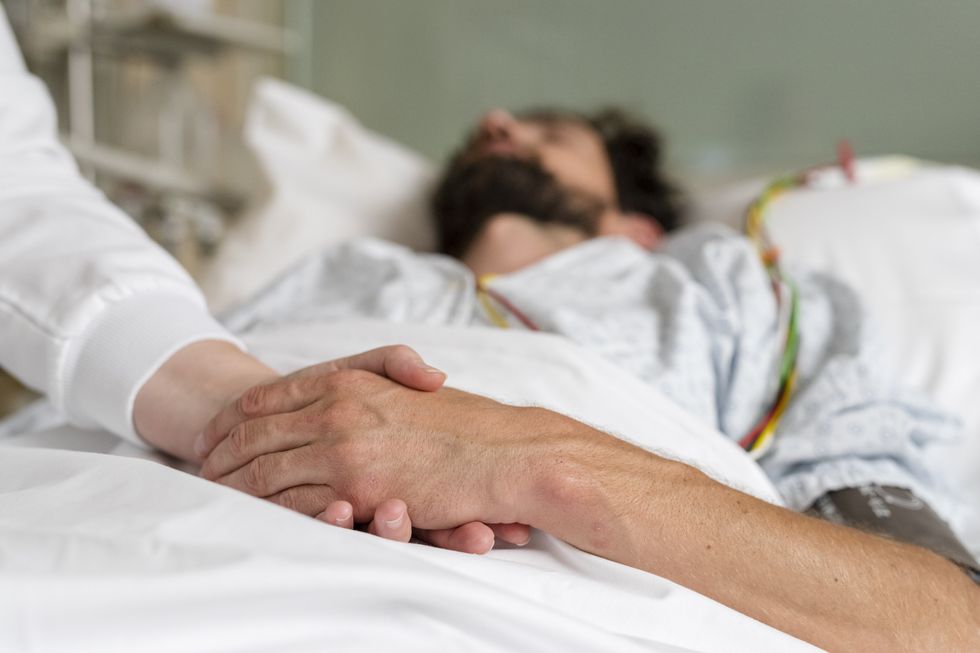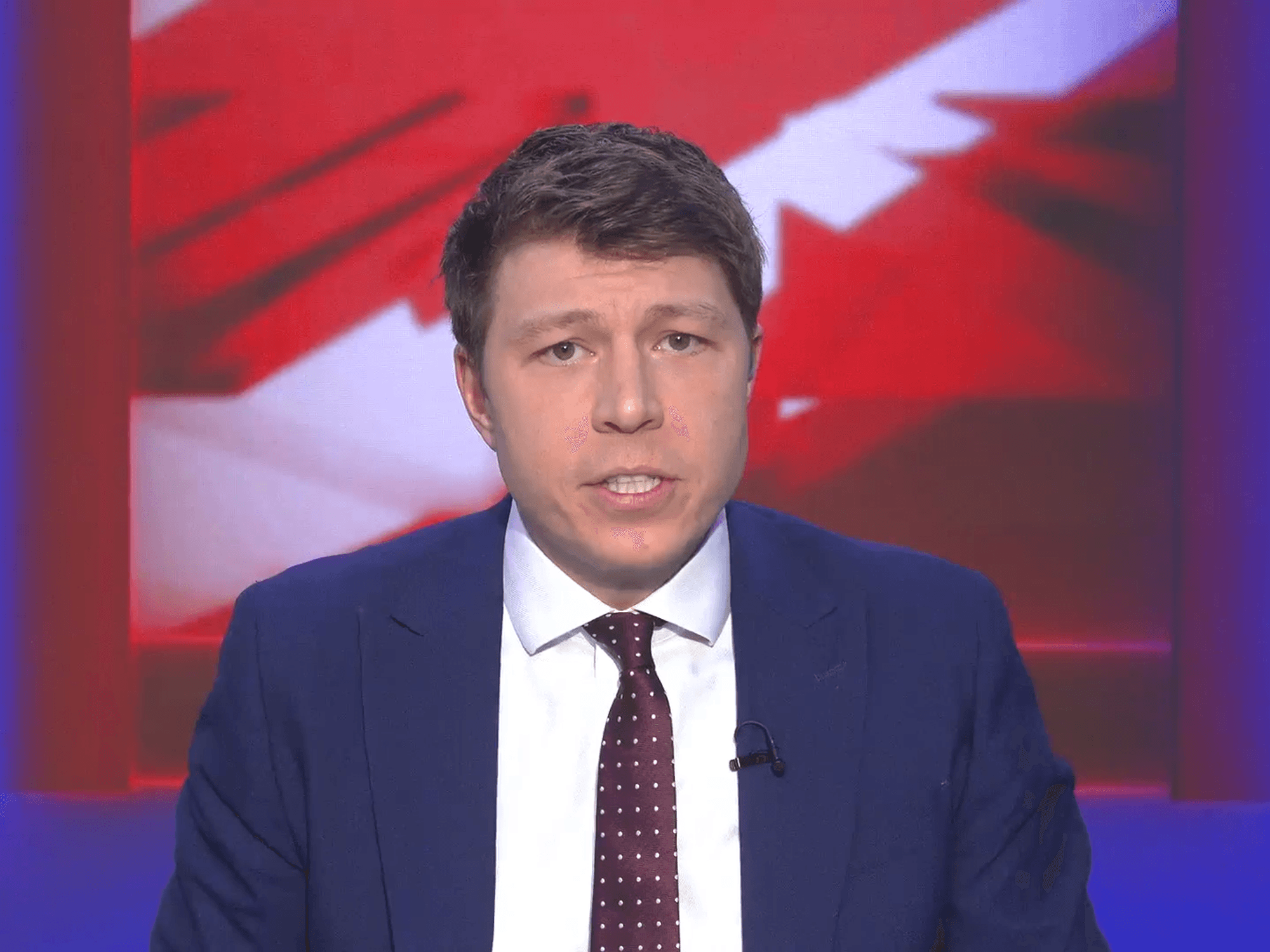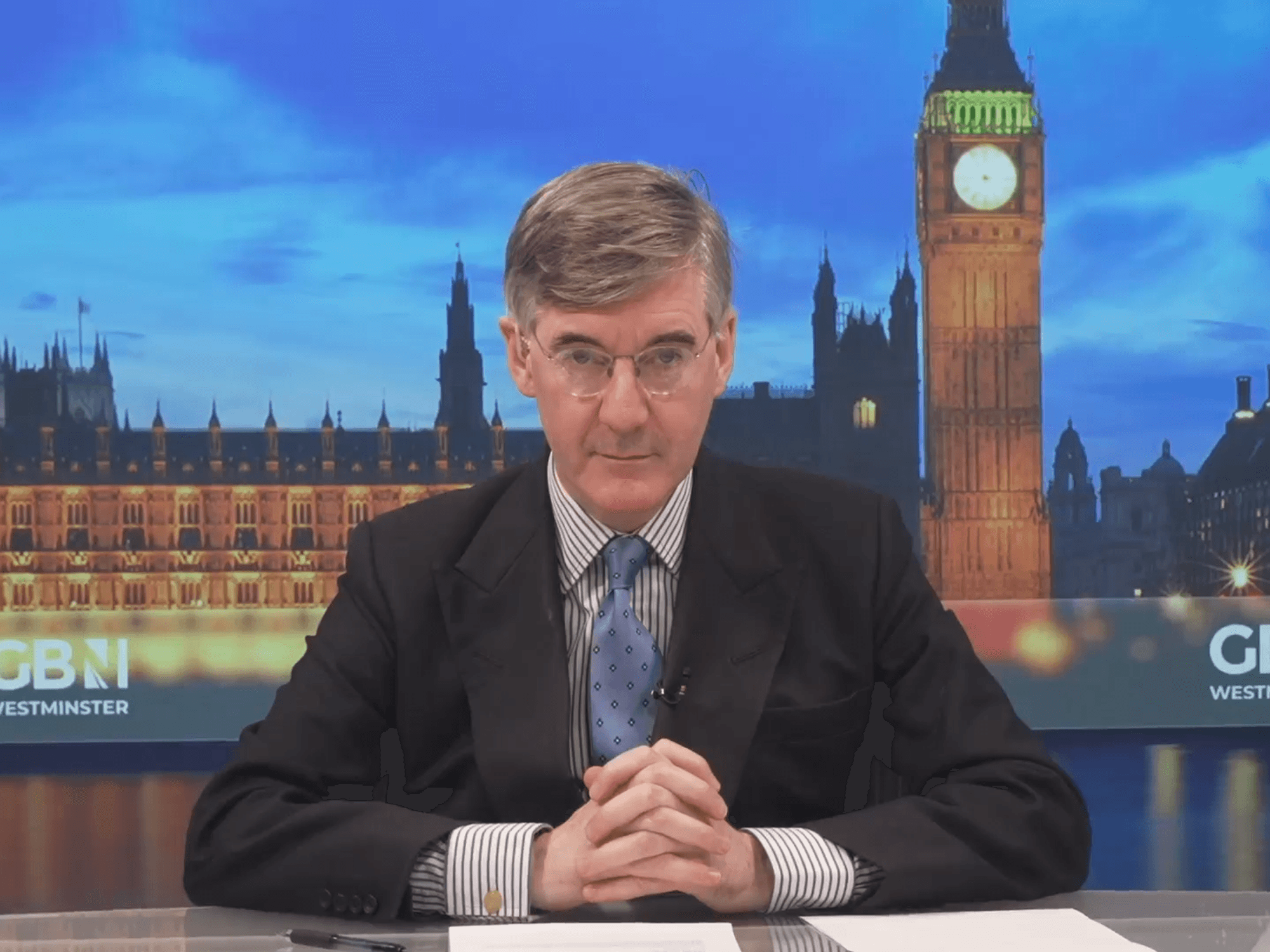'The reality of assisted suicide is that it is unsafe, unworkable and open to abuse,' says Jacob Rees-Mogg

Jacob Rees Mogg shares thoughts on assisted suicide |
GB NEWS

GB News' Jacob Rees-Mogg shared his views on assisted suicide
Don't Miss
Most Read
Trending on GB News
Tomorrow the House of Lords will conclude the second-reading debate on one of the most dangerous pieces of legislation to come before Parliament in years: the Assisted Suicide Bill.
Supporters call it compassionate, but the reality is that it is unsafe, unworkable and open to abuse.
It is not a Government bill, it was not in any party’s manifesto, and it does not benefit from the Salisbury-Addison convention. It is a private members’ bill, which means the Lords are under no obligation to pass it.
Their job is to scrutinise and, if necessary, to block and that is what I would encourage them to do.

She is right proponents prefer euphemisms because the phrase 'assisted suicide' puts people off
|GB NEWS
Many noble peers have already spoken against it. The former Prime Minister, Baroness May, perfectly highlighted the reality of what this law means.
She said: "This is not an assisted-dying bill. It is an assisted-suicide bill."
She is right, proponents prefer euphemisms because the phrase "assisted suicide" puts people off.
Why is this bill so dangerous? First, it is wrong in principle. Second, the safeguards are illusory.
The British Geriatrics Society, Hospice UK and leading palliative-care experts all warn that the system is not equipped: 40 per cent of hospices are planning cuts this year and social care is heavily stretched.
Yet we are being told this is the moment to introduce lethal drugs into the healthcare system.
LATEST DEVELOPMENTS:
New Zealand legalised assisted suicide in 2021 and, in the second year, cases rose 37 per cent on the first year.
Longtime life-campaigner Lord Alton, who will miss tomorrow’s debate after being injured in a bus crash, sent a message highlighting the dangers seen in other countries.
Only a fortnight ago, the bill’s own sponsors were in Parliament with campaigners who want to expand the right to assisted suicide to people who are not terminally ill, even before the bill is passed.
Once the principle is conceded, the pattern seen in other countries follows: assisted suicide is introduced for the worst, most tragic cases, and then the law is relaxed so that even mentally ill children can be at risk.
The bill itself is a bad piece of legislation. The Lords Delegated Powers Committee called it a skeleton bill, meaning many crucial details are not in the primary legislation but would be set later by secondary legislation.
That hands ministers powers to regulate all sorts of aspects, including lethal substances with minimal parliamentary scrutiny. It is law-making by blank cheque, literally on life and death.
We also need to look at how the Government has handled this. In a very unusual move, it recalled the House of Lords during recess, which has the effect of preventing some peers from attending.
Normally, sitting dates are set well in advance; this was brought forward a move normally reserved for war or economic collapse. It is an improper way to be fiddling with the House of Lords for a bill that does not carry the Government’s imprimatur.

Jacob Rees Mogg said that this is a 'bad piece of legislation'
| GettySo what we must realise is this is not about compassion, it is about killing.
Real compassion means helping people to live better: proper hospice care and adequate support, not telling vulnerable people they are a burden on society, a cost to the NHS, and that they would be better off dead.
The Lords should reject this bill not out of coldness but out of genuine care for those most at risk.
Assisted suicide is not the solution, and I hope tomorrow they will stop Britain from going down this dangerous path.
More From GB News










